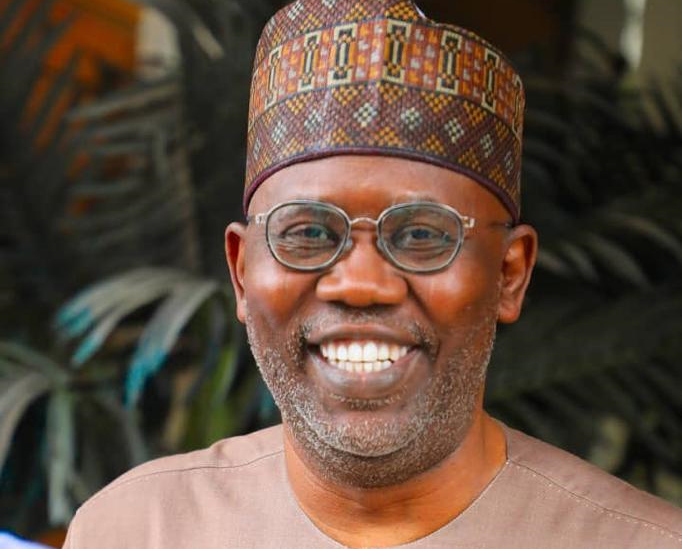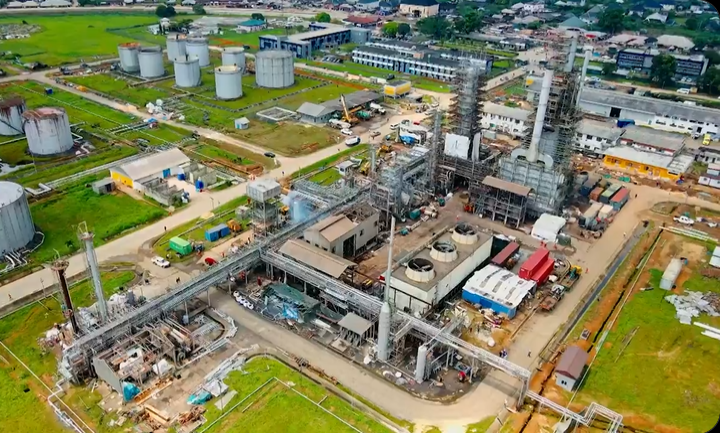The United Nations says global economic growth will slow to 2.4 percent in 2024.
The forecast was made in the UN’s flagship report, titled, ‘World Economic Situation and Prospects 2024’, launched on Thursday, in New York.
According to the report, global economic growth is expected to drop from the projected 2.7 percent in 2023 to 2.4 percent this year — below the pre-pandemic growth rate of 3 percent.
Speaking at the launch of the report, Hantanu Mukherjee, director of the economic analysis and policy division at the UN Department of Economic and Social Welfare (DESA), said the world is struggling to get back to the 3.0 percent annual average from 2019 “representing years of subpar growth”.
Advertisement
“Overall, developing economies’ growth remains pretty static at about 4 percent over 2020 to [20]25. A little higher for LDCs but still well below the SDG target of at least 7 percent,” Mukherjee said.
Mukherjee said in 2024, inflation will average 3.9 percent globally — a decline of about a third from last year.
“And that is a rapid change, back in 2022, we were seeing 8.1 percent,” he said.
Advertisement
“And about a quarter of all developing countries, the annual inflation forecast for 2024 is over 10 percent.
“That will be eroding away what people’s earnings can buy and inflicting further pain, especially on the middle class, people in poverty and hunger will continue to be a special concern, because local food price inflation remains high in many developing countries, and this is a situation which could easily be aggravated by shocks to domestic food production or even to the global food supply.”
Mukherjee said fiscal space remains limited across most countries, “but can be especially constraining for developing countries”.
According to the economist, more than 50 developing economies spent more than 10 percent of their revenues on interest, and 25 spent as much as 20 percent.
Advertisement
“That restricted their capacity to respond to shocks or to provide essential services, like education and healthcare,” he said.
On his part, Hamid Rashid, chief, global economic monitoring branch, economic analysis and policy division, UN DESA, said the world needs stronger international cooperation.
This, he said, is crucial because without international cooperation, “we cannot really revive global trade”.
Advertisement
Add a comment






